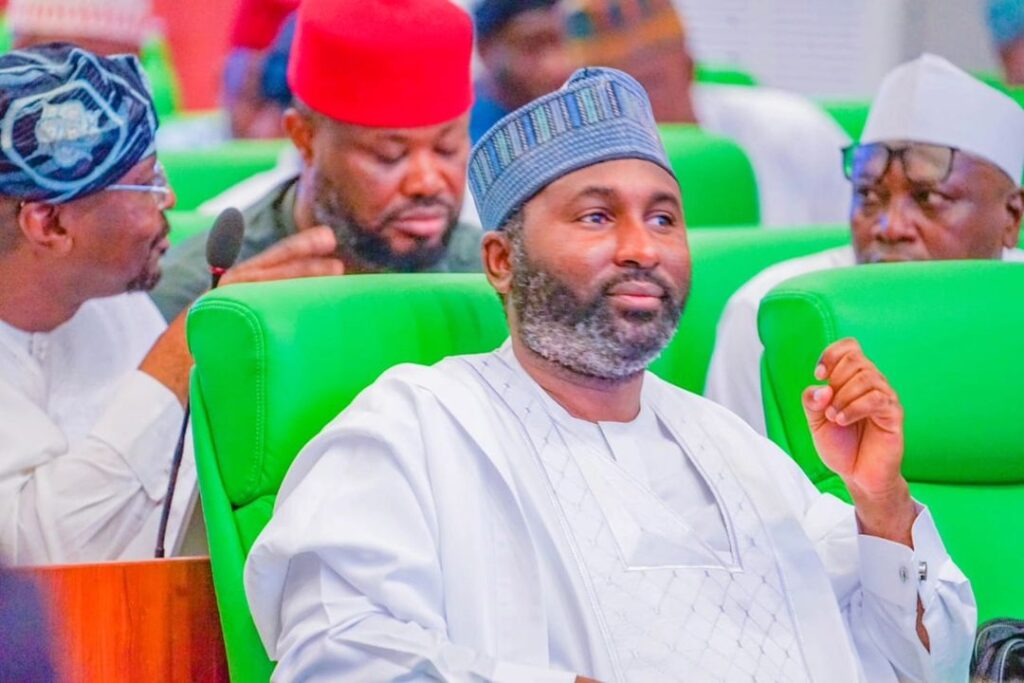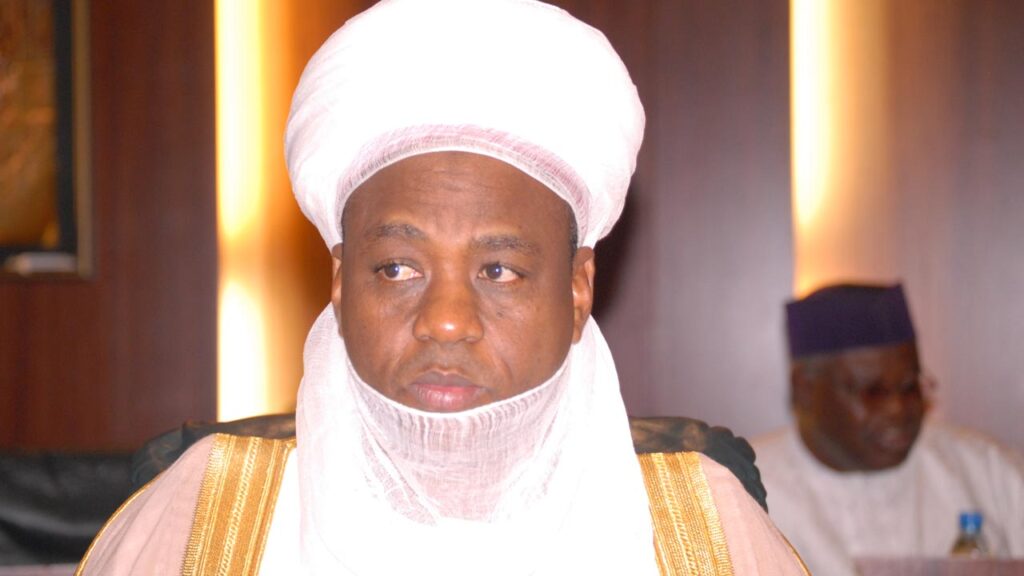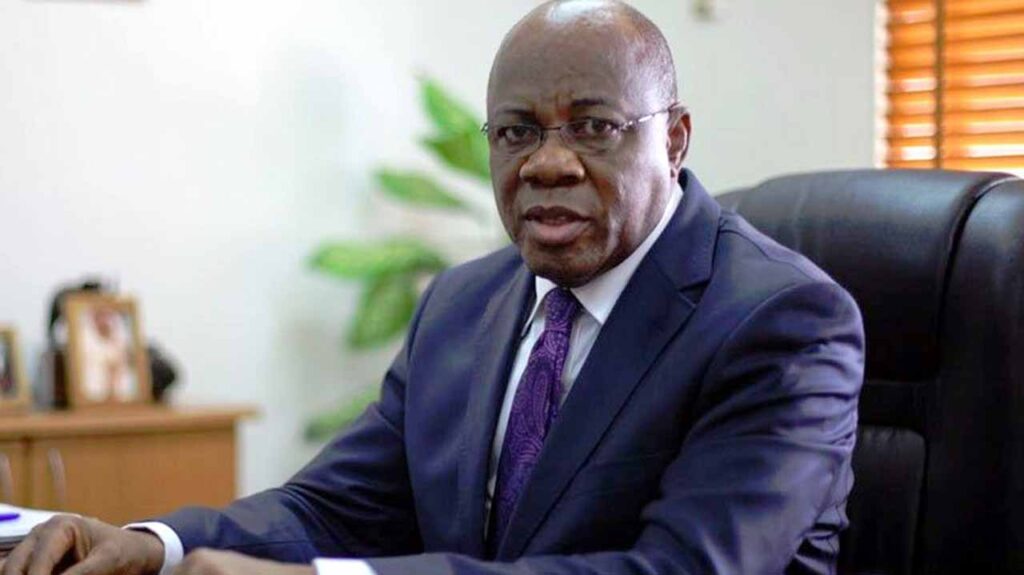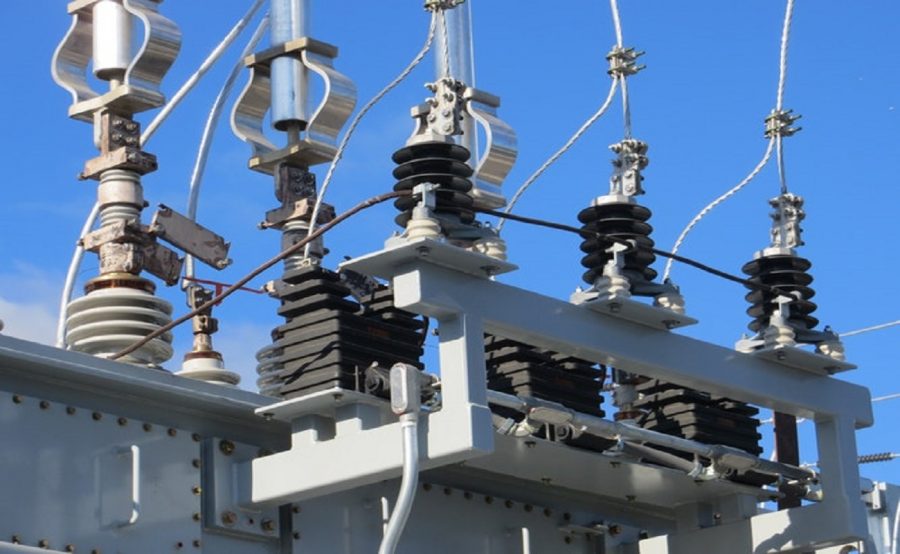
Expert faults move, raises concerns for inflation, exchange rates
Chairman, House of Representatives Committee on Appropriation, Abubakar Kabir Bichi, has explained why the 2024 budget was increased by N1.27 trillion.
He said the decision was informed by the pledge of government-owned enterprises (GOEs) to increase their revenue in the new fiscal year.
The legislators passed a record N28.7 trillion as budget for this year.
The Federal Government had presented a N27.5 trillion proposal to both chambers of the National Assembly.
Bichi said: “We had a meeting with the GOEs. We believe that their submissions are not enough. They have agreed to increase their revenue.
“That is how we are able to get that N1.2 trillion, which we applied to capital.
“This is the first time the capital (component) is bigger than recurrent.
“I believe this budget is brilliant (fine), and Nigerians will see a lot of impact.”
Of the N28.7 trillion appropriation bill, N1,742,786,788,150 was allocated to statutory transfers; recurrent expenditure got N8,768,513,380,852; N9,995,143,298,028 went to capital expenditure, while debt servicing received N8,270,960,606,831.
The panel had been requesting agencies to boost their revenue generation.
However, a financial expert, Dr Uche Uwaleke, has stated that the increase would render the inflation rate projection of 21.4 per cent for 2024 unrealistic.
The Director, Institute of Capital Market Studies at Nasarawa State University, Keffi, in an interview with the News Agency of Nigeria (NAN), yesterday in Abuja, observed that the move would have adverse implications for inflation and interest rates this year.
His words: “I had expected the National Assembly to effect amendments within the original N27.5 trillion submitted by the executive arm of government.”
“The increase by N1.2 trillion was largely on account of the upward adjustment in the exchange rate from N750 to N800 to the dollar.
“A sustainable basis for any increase ought to have been an increase in the forecast for non-oil revenues.”
According to Uwaleke, overall, the 2024 budget holds a lot of promise for the economy if well implemented.
He said a major snag, however, stems from the likely distortion impact of the new foreign exchange regime.
The don added: “A naira float in the face of weak supply and strong demand with its attendant forex market volatility introduces uncertainty in budget implementation.
“It is most likely the exchange rate will be the major cause of wide budget variances in the 2024 budget on account of Nigerian Autonomous Foreign Exchange Market (NAFEM) operations.
“This is particularly so in respect of the dollar-denominated component of the budget, much of which can be found in the over N3 trillion proposed defence spending as well as in recurrent debt expenditure.
“A volatile and high exchange rate will increase the cost of servicing external debt and further widen the budget deficit.”













